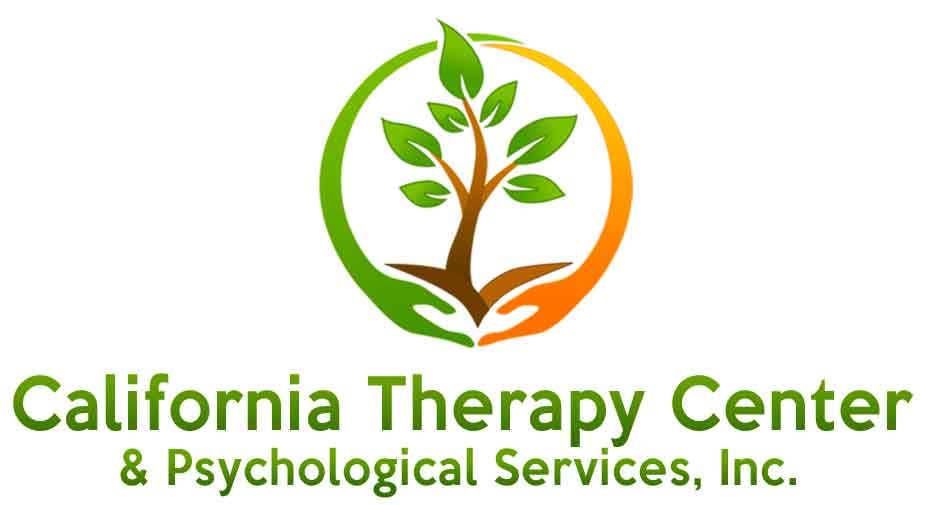Therapy near Me
Finding the Right Therapy Near Me: A Guide to Choosing the Best Therapist for Your Needs
Are you struggling with your mental health and wondering where to start? Finding the right therapist can make all the difference in your journey towards healing and wellness. With a multitude of therapy approaches available, it can feel overwhelming to choose the best therapist for your needs. In the following guide, we’ll walk you through the process of finding therapy near you and help you make an informed decision.
Firstly, it’s important to determine your specific needs. Are you looking for individual therapy, couples therapy, or family therapy? Do you prefer a certain therapy approach, such as cognitive-behavioral therapy or psychodynamic therapy? Identifying these factors will help narrow down your search.
Next, consider the practical aspects. Location, cost, and availability are essential factors to take into account. Do you need a therapist near your home or workplace? Does the therapist accept your insurance or offer affordable payment options?
Lastly, trust your instincts. Building a strong rapport and feeling comfortable with your therapist is crucial for a successful therapeutic relationship. Don’t be afraid to schedule an introductory session with multiple therapists to find the right fit.
By following the steps outlined in this guide, you’ll be well-equipped to find the best therapist near you. Remember, seeking therapy is a brave step towards self-care, and you deserve nothing but the best support on your journey to wellness.
Importance of finding the right therapist
When it comes to your mental health, finding the right therapist is essential. A therapist is someone who will provide you with the guidance, support, and expertise needed to navigate through your challenges. The therapeutic relationship is built on trust, empathy, and understanding, so it’s crucial to find a therapist who aligns with your needs and values.
One of the main benefits of finding the right therapist is that they can provide you with a safe space to explore your thoughts, feelings, and experiences. They will help you gain insights, develop coping strategies, and work towards positive change. A skilled therapist will tailor their approach to your unique circumstances, ensuring you receive personalized care and attention.
Types of therapy available
Before diving into your search for a therapist, it’s important to familiarize yourself with the different types of therapy available. There are numerous therapeutic approaches, each with its own set of principles and techniques. Some common types of therapy include:
- Cognitive-Behavioral Therapy (CBT): This type of therapy focuses on identifying and changing negative thought patterns and behaviors that contribute to distress.
- Psychodynamic Therapy: This approach explores the unconscious processes and past experiences that influence current thoughts, emotions, and behaviors.
- Acceptance and Commitment Therapy (ACT): This is a therapeutic approach that helps individuals accept their thoughts and feelings, commit to values-based actions, and cultivate psychological flexibility to enhance their overall well-being.
- Couples Counseling: This is a form of therapy that focuses on improving the relationship and communication between couples, with the goal of resolving conflicts, improving communication, strengthening emotional bonds, and promoting a healthier, more satisfying connection between the two individuals.
Factors to consider when choosing a therapist
Now that you have a better understanding of the therapy approaches available, it’s time to consider the factors that will help you choose the right therapist. Here are some key factors to keep in mind:
- Specialization and expertise: Look for a therapist who has experience working with individuals facing similar challenges to Whether you’re dealing with anxiety, depression, trauma, or relationship issues, finding a therapist with expertise in that area can greatly enhance the effectiveness of your therapy.
- Location and accessibility: Consider the practical aspects of therapy, such as the location of the therapist’s office. Is it convenient for you to travel to? Additionally, think about whether you prefer in-person sessions or if you’re open to online therapy options.
- Cost and insurance: Therapy can be a financial investment, so it’s essential to consider your budget and whether the therapist accepts your insurance or offers affordable payment Don’t hesitate to inquire about these options.
- Availability and scheduling: Think about your schedule and availability when looking for a Are you only available during specific times of the day? Consider therapists who can accommodate your schedule and ensure regular sessions.
By taking these factors into account, you’ll be able to narrow down your search and find therapists that meet your specific needs.
Researching therapists in your area
Once you have identified your therapy needs and considered the practical aspects, it’s time to start researching therapists in your area. There are several ways to go about this:
- Online directories and therapist websites: Utilize online directories and therapist websites to find professionals in your These platforms often provide information about the therapist’s qualifications, areas of expertise, and contact details.
- Referrals from trusted sources: Reach out to friends, family, or healthcare providers for recommendations. Personal referrals can be a valuable resource, as they come from people who have had direct experiences with the therapist.
- Professional associations: Explore professional associations related to mental health, such as the American Psychological Association or the California Psychological These associations often have directories that can help you find therapists in your area.
As you gather a list of potential therapists, take note of their qualifications, experience, and any other relevant information that stands out to you.
Initial consultation with potential therapists
Once you have narrowed down your list and have a few potential therapists in mind, it’s time to schedule an initial consultation. This session serves as an opportunity to meet the therapist, ask questions, and assess whether they are the right fit for you.
During the consultation, be prepared to discuss your therapy goals, ask about the therapist’s approach, and inquire about their experience working with individuals facing similar challenges. Take note of how comfortable you feel during the session and whether the therapist’s communication style resonates with you.
Questions to ask during the consultation
To make the most of your initial consultation, consider asking the therapist the following questions:
- What is your approach to therapy? This question will help you understand the therapist’s theoretical orientation and how it aligns with your needs.
- What is your experience working with individuals facing similar challenges? Inquire about the therapist’s expertise and their years of experience.
- What can I expect from the therapy process? This question will give you a better understanding of the therapist’s expectations, frequency of sessions, and the duration of therapy.
Remember, the consultation is also an opportunity for the therapist to assess whether they can effectively work with you. It’s a mutual process of determining if the therapeutic relationship will be a good fit for both parties.
Trusting your instincts and gut feelings
Throughout the process of finding the right therapist, it’s crucial to trust your instincts and pay attention to your gut feelings. Therapy is a deeply personal and vulnerable process, so feeling comfortable and safe with your therapist is paramount.
If something doesn’t feel right during the initial consultation or the therapist’s approach doesn’t resonate with you, don’t hesitate to explore other options. Trusting your instincts is essential for building a strong therapeutic relationship that promotes growth and healing.
Making the final decision and booking your first appointment
After considering all the factors, conducting research, and attending initial consultations, it’s time to make the final decision and book your first appointment. Choose the therapist who aligns with your needs, values, and goals. Remember, therapy is a collaborative process, and finding the right therapist is the first step towards your mental health journey.
Conclusion: The importance of finding the right therapist for your mental health journey.
Finding the right therapist is a crucial step towards your mental health and well-being. It’s a process that requires self-reflection, research, and trust in your instincts. By considering your specific needs, researching therapists in your area, and attending initial consultations, you’ll be well-equipped to make an informed decision.
Remember, therapy is a brave step towards self-care, and you deserve nothing but the best support on your journey to wellness. Take the time to find the right therapist who will guide and empower you to overcome challenges, develop coping strategies, and thrive in your life. Trust the process, trust yourself, and embrace the transformative power of therapy.

